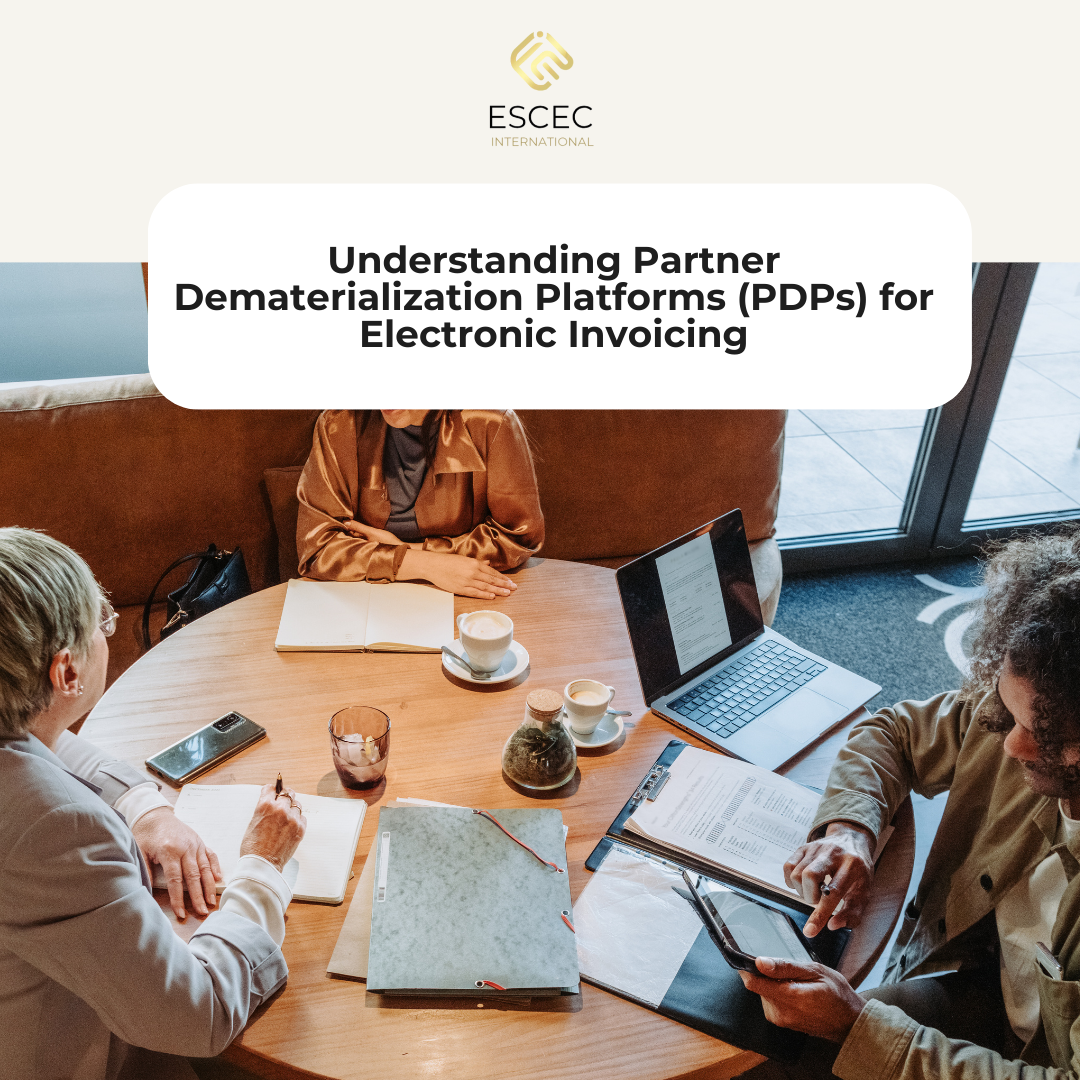Understanding Partner Dematerialization Platforms (PDPs) for Electronic Invoicing
The Electronic Invoicing Reform
Electronic invoicing is becoming mandatory for French businesses starting in 2026. The reform aims to modernize commercial transactions by requiring VAT-registered companies to issue and receive invoices electronically.
From 1 September 2026, businesses will need to rely on PDPs (Partner Dematerialization Platforms) to transmit invoices, manage transaction data, and ensure compliance with tax regulations.
For more guidance on adapting to these changes, you can explore our detailed insights on PDPs and electronic invoicing.
What is a Partner Dematerialization Platform (PDP)?
A PDP is a certified private provider authorized by the tax administration to:
-
Issue, transmit, and receive electronic invoices;
-
Extract and transmit billing, transaction, and payment data to authorities;
-
Ensure compliance with data security, authenticity, and integrity regulations.
Initially, platforms may be “registered under reservation”, meaning they have completed preliminary registration steps and submitted required documentation. Full registration follows after a technical review that ensures the platform meets all regulatory requirements, including secure data exchange between PDPs. This verification is expected by the end of 2025.
For a complete overview of registered PDPs, refer to this link.
How to Choose Your PDP
Selecting the right PDP is critical to ensure smooth adoption of electronic invoicing. Key factors to consider include:
-
Compatibility with existing accounting software and ERP systems;
-
Additional services such as data analysis, automation, or payment tracking;
-
Quality of customer support for guiding the transition;
-
Pricing, depending on invoice volumes and specific service needs.
It is recommended to compare multiple providers, communicate directly with them, and test their platforms if possible before making a final choice.
Preparing for Electronic Invoicing with PDPs
The transition to electronic invoicing presents an opportunity to simplify business processes while ensuring compliance. By choosing a reliable PDP, companies can manage invoices efficiently, automate workflows, and meet regulatory obligations.
Careful planning and evaluation of available PDPs will have a direct impact on daily administrative efficiency. For more insights and practical steps to implement electronic invoicing, consult ESCEC International’s guide.

